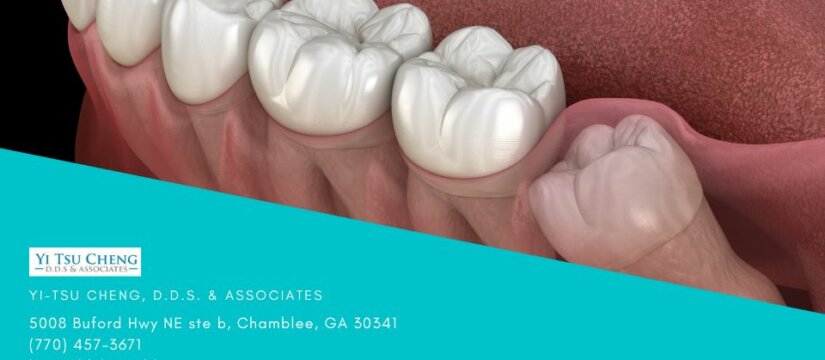
The extraction of wisdom teeth is common, but even then, it contains certain risks. Depending on the circumstances, treatment options may vary and include antibiotics, corticosteroid injections, and surgical repair. Aside from treatment, there are also ways to reduce the risk of infection from wisdom tooth extraction.
Wisdom teeth, or third molars, are the last teeth to appear in the mouth, usually between the ages of 17 and 21. Because there is usually not enough room in the jaw, wisdom teeth may need to be removed. Extraction of a wisdom tooth may potentially cause damage, infection, and several other risks. That’s why it’s important to speak with a dentist first to look into possible treatment and prevention options.
Treatment Options
Antibiotics
To treat the infection from a wisdom tooth extraction, antibiotics may be prescribed by a dentist or doctor. Antibiotics such as amoxicillin, clindamycin, and metronidazole may be used to treat infections caused by bacteria.
Corticosteroid Injections
Corticosteroid injections may also be used to reduce inflammation, swelling, and pain at the surgical site. A dentist may inject a corticosteroid directly into the area surrounding the extraction site.
Surgical Repair
The dentist may decide that a surgical repair of the area is necessary. This may involve stitching the gums and surrounding area in order to promote healing and reduce the risk of infection.
Prevention
Maintaining Good Oral Hygiene
Maintaining good oral hygiene is important for a successful recovery from wisdom tooth extraction. During the healing process, gently brush the teeth and gums and rinse the mouth with an antibacterial mouthwash.
Applying Pressure to Reduce the Risk of Infection
Using a cold compress can also help to reduce pain and swelling. Applying pressure to the gums and teeth can also help to reduce the risk of infection.
Although wisdom tooth extractions can cause minor discomfort, appropriate treatments, and prevention steps can help to promote better healing and reduce the risk of infection. It’s important to seek advice from a dentist or doctor first before proceeding with treatment in order to find the most suitable option.
DISCLAIMER: The advice offered is intended to be informational only and generic. It does not offer a definitive diagnosis or specific treatment recommendations for your situation. Any advice provided is no substitute for proper evaluation and care by a qualified dentist.
